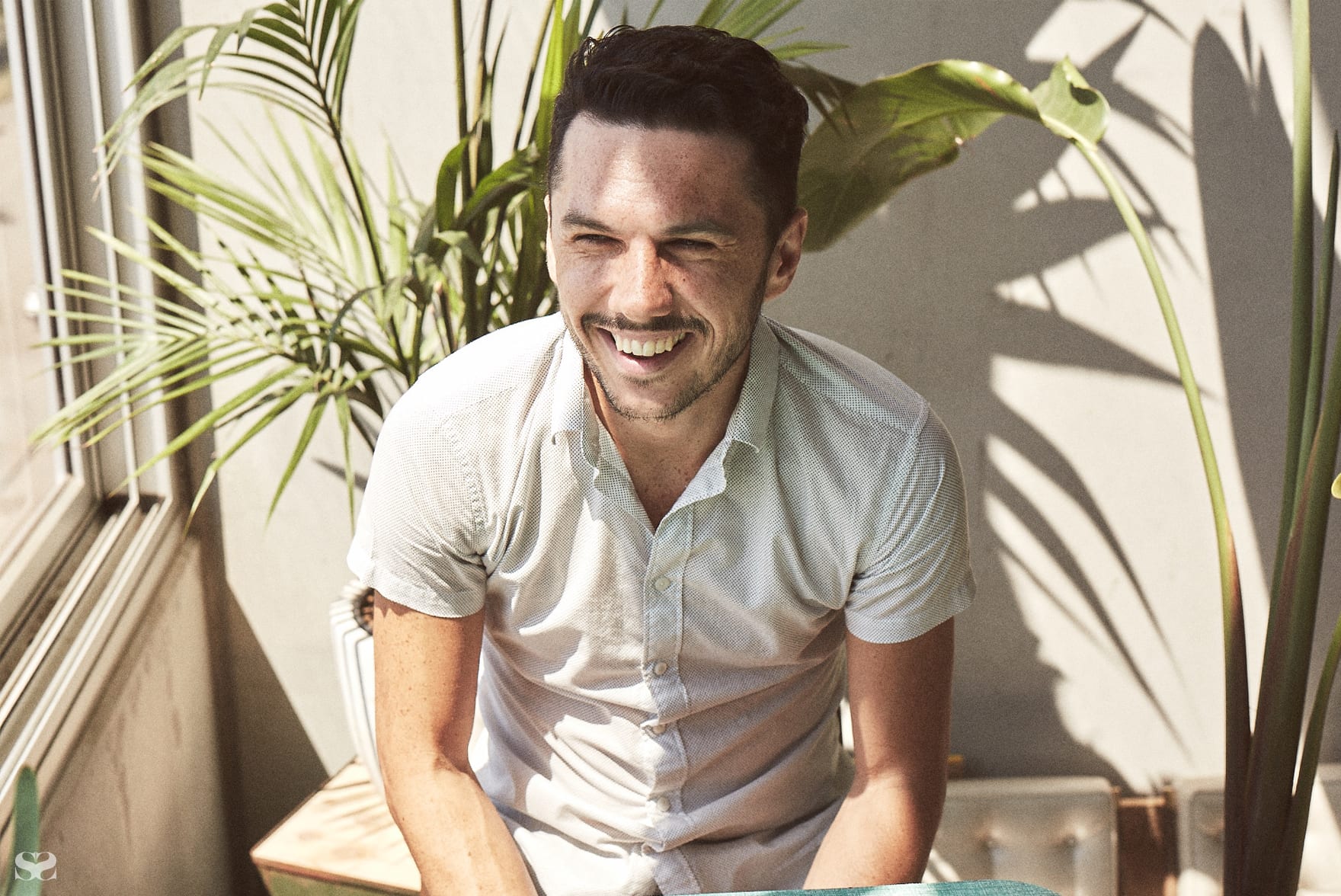
"Growing up, all the people I idolised and related to were very stubborn women I would say, and I had a lot more in common with that in terms of creating a believable protagonist and believable setting." Filmmaker Goran Stolevski has a knack for portraying strong women on screen - one of the few who elicits performances that are compelling, raw, and most importantly, real. "I wonder if culture has allowed women to have a greater emotional side," he reasons. "So I’m more drawn to that I guess."
The 2018 Sundance Film Festival winner discovered his passion for cinema and storytelling at a young age in his birth country of Macedonia, mesmerised by black and white Italian late night films, before moving to Australia at age 12 with his family. "[I] remember being a 13-year-old going into Video Busters in the northern suburbs of Melbourne and just going, 'Do you have the Battleship Potemkin? I’m just going to start with Potemkin – its P-O-T-E-M-K-I-N'. And I bet they were like, 'who is that child?' And then, yeah, it became a very obsessive pursuit," he laughs.
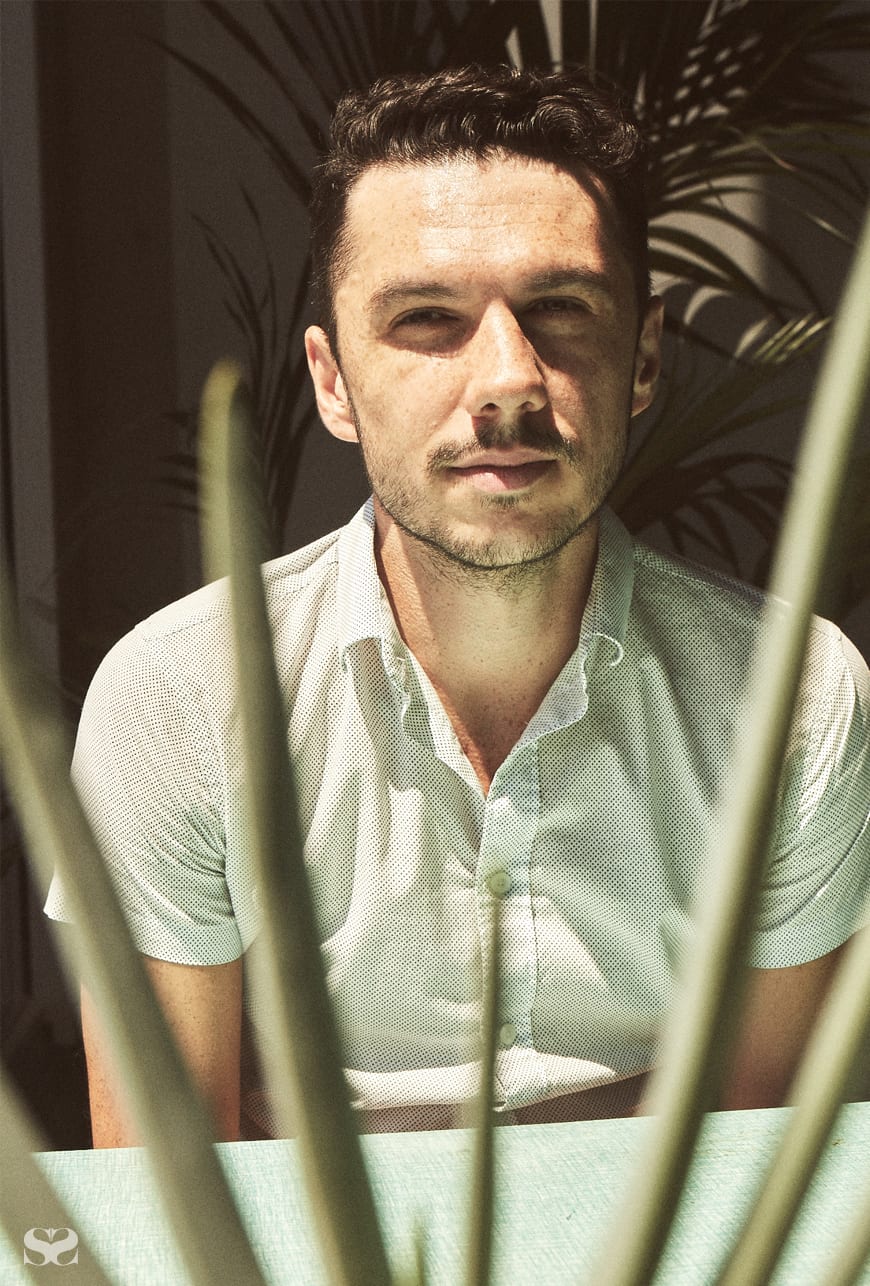
"Just as a general principle if you asked me who is my favourite actress I would struggle to come up with list shorter than 30 names. Whereas if you ask me who is my favourite actor I could probably name two or three I kind of like, so nowhere near the same."
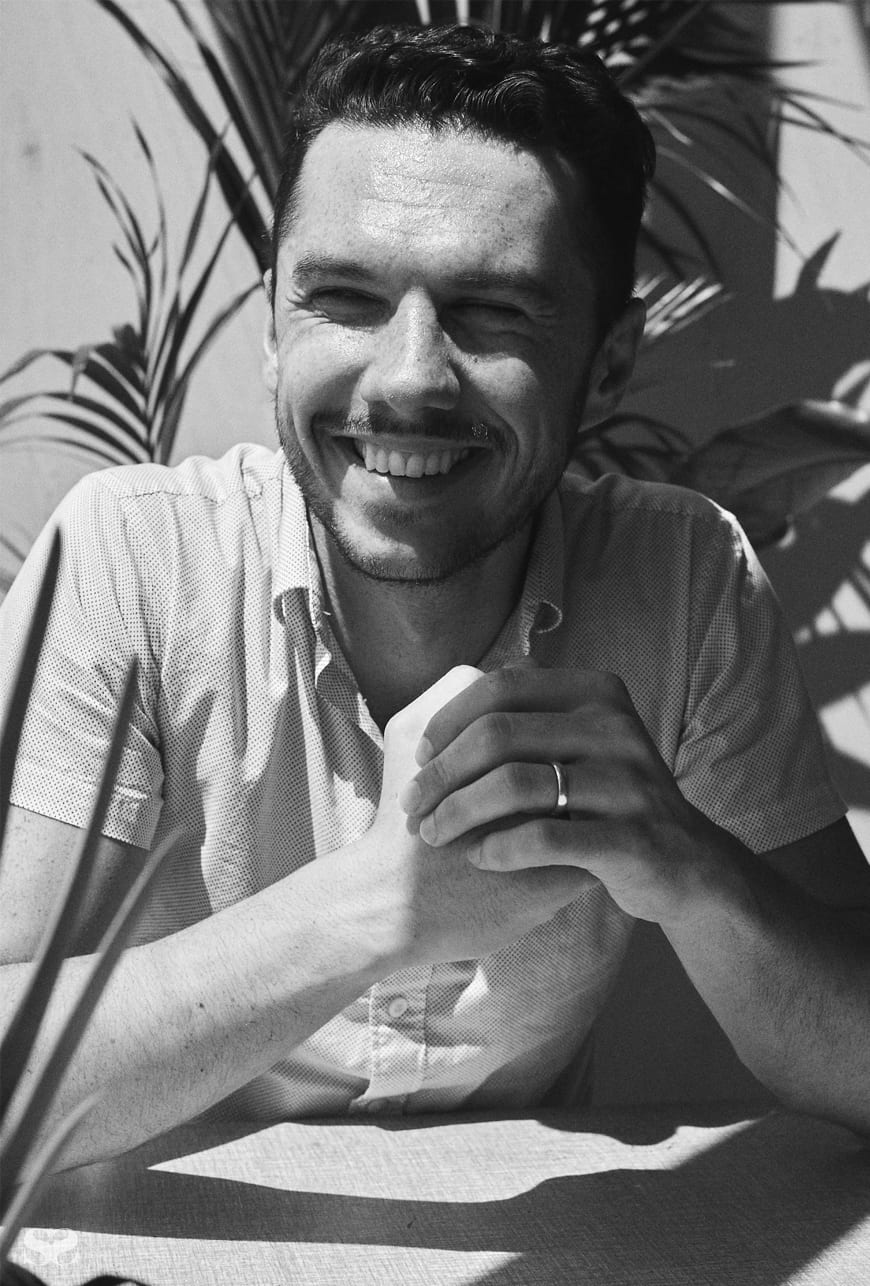
"I never really thought I could be a filmmaker because I didn’t think kids like me, I come from a very poor family and no access to the arts and just in general we’re migrants so we are kind of raised to become doctors and lawyers."
"[I was] never going to pursue the arts knowingly, not until about age 17 at which point for high school media I had to make a short film, and by the time I was finished with that short film there was no way I was going to do anything else in life," he says. "Now in my 30s, and this is how long it took to actually get anywhere in film making." Stolevski is modest about his trajectory but his age belies a resume longer than peers double his age. Twenty-five short films to his name, nine feature screenplays, winner of the Ruben Mamoulian Best Director Award at the 2016 Sydney Film Festival, and recently the Sundance Short Film Jury Award for International Fiction. "It's funny to now be considered a young director, but I’ve been doing it for 15 years."
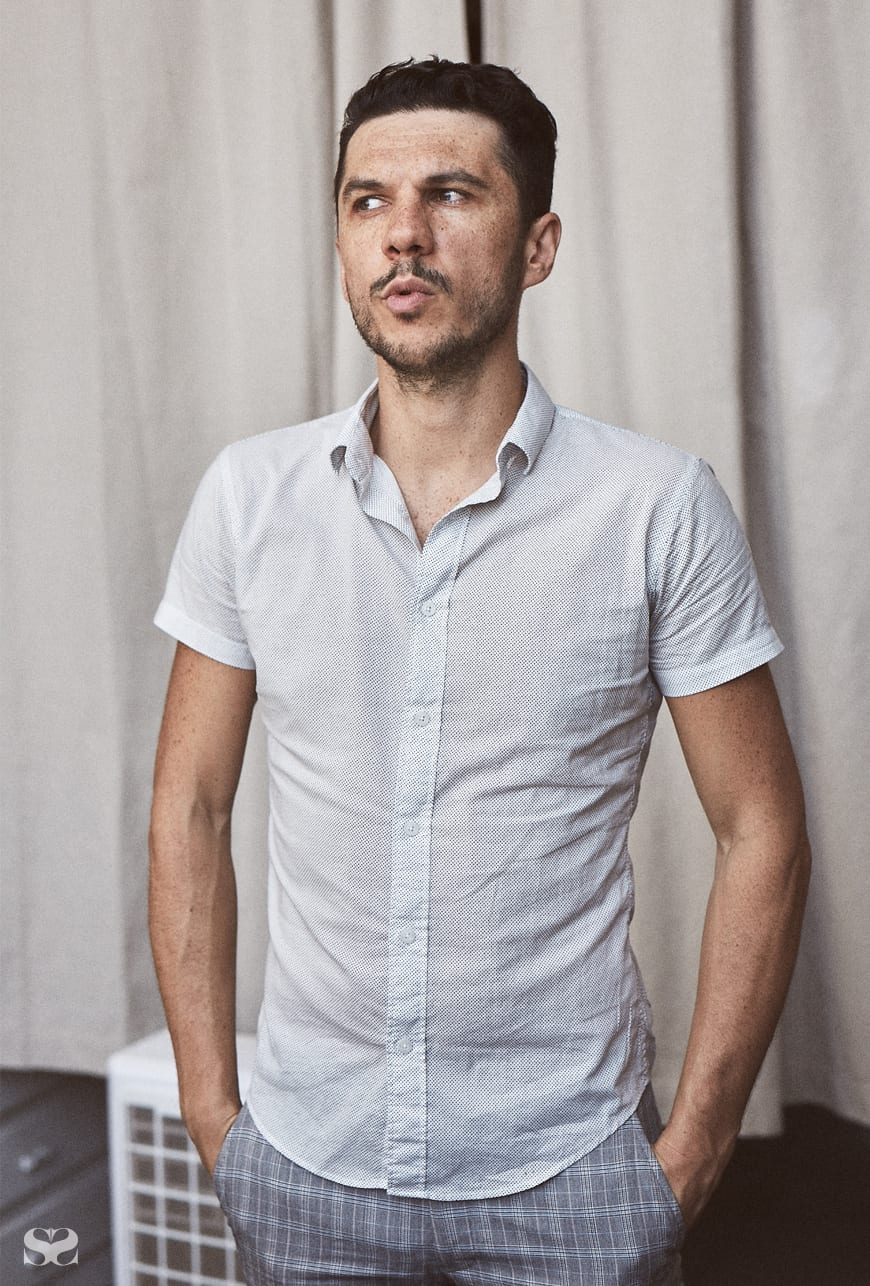
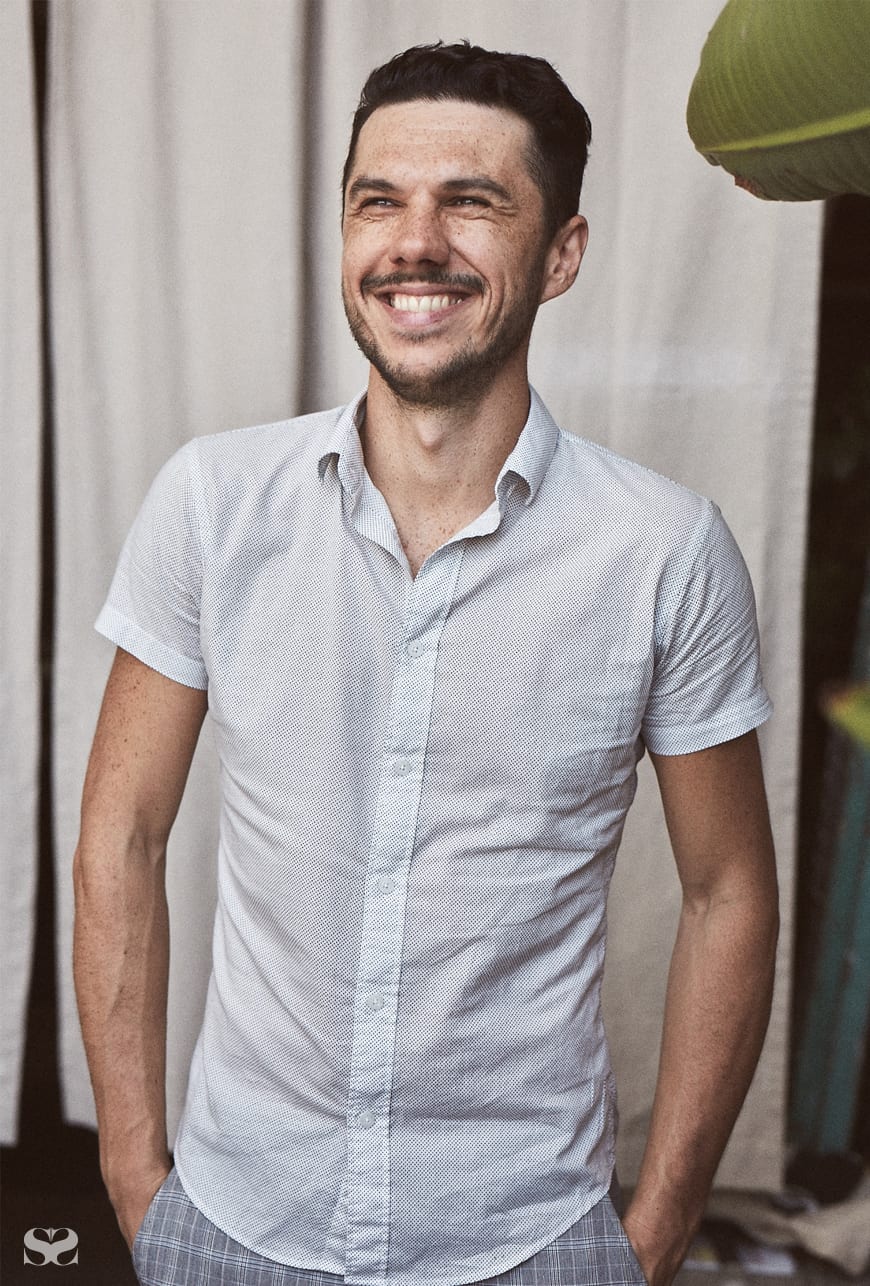
Next, Stolevski will premiere My Boy Oleg at Sydney Film Festival, the story of a Ukrainian actress and her one-year-old son. "The film shoot itself was four days, four very intense days. Before that I wrote it quite quickly, it took me about a day to write the screenplay." On-screen diversity is a main point of inspiration for Stolevski; his films tell stories that never used to make it to cinema audiences due to his own personal connection with them. “I think being a migrant you are automatically an outsider, not just in the society you move to but like, when I go back to Macedonia, which I do frequently … to them I’m an Australian. So I’m an outsider in both cultures. I tend to instantly feel a greater connection to those who are a minority within a minority. Like just don’t fit in anywhere."
On the topic of originality in filmmaking, he's a strong believer in it being no less possible now than it ever has before. "There is so much happening in everyday life that as much as everything was original in the 40s and 50s, it can still be very original now. Part of every art form involves a little bit of others and always will ... people re-invent cinema every few years to fit their own kind of voice and image. I think it's very possible – even things like revisiting a lot of old films, or so-called old films, a lot of exciting innovations have developed from the 60s and a lot of techniques from that time you can build on today and it becomes its own new thing."
"The push for diversity in cinema is more viable, to talk about the kinds of stories you didn’t used to be able to ... because it wasn’t economically viable. Now you can tell stories from perspectives that we haven’t seen ever, at all."
The Sydney Film Festival will run from June 6 through June 17.
PHOTOGRAPHY Ivana Martyn-Zyznikow



